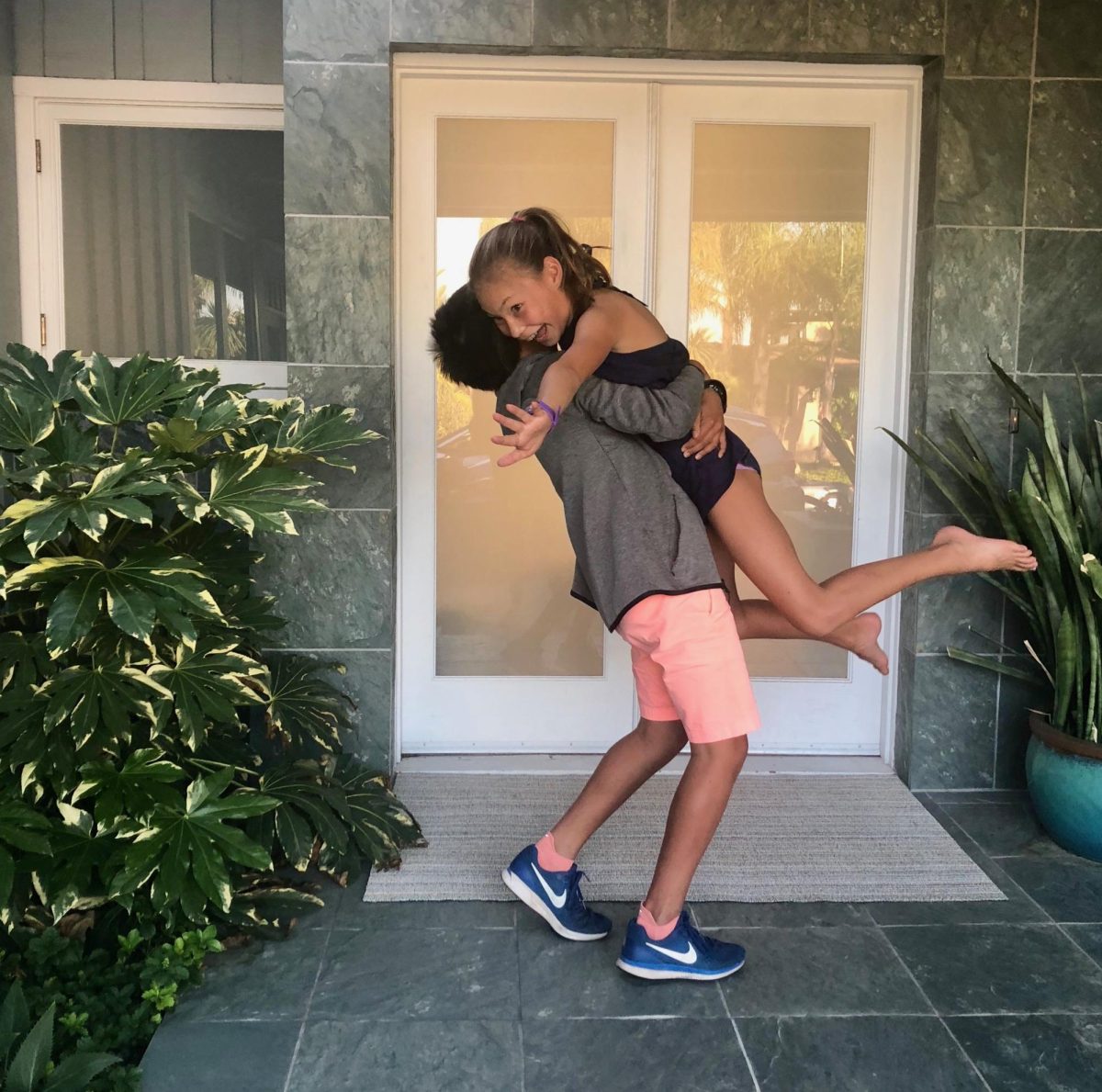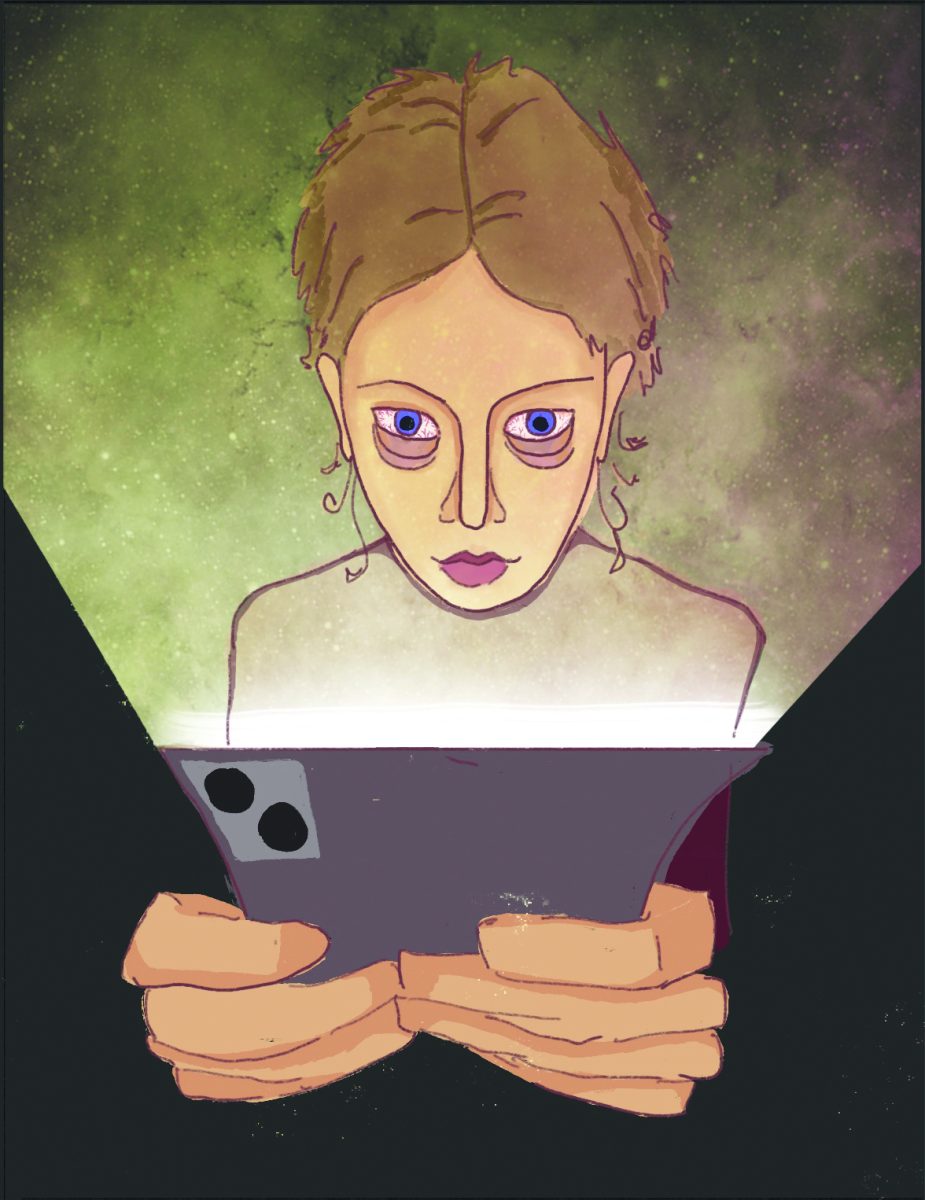
Ellie ’20 in front of Hassan II Mosque in Casablanca, Morocco
By Ellie ’20
Just a few weeks after school ended, I found myself in Morocco with forty members of my extended host family, gathering for the first time since several members had returned from the hajj, the annual Islamic pilgrimage to Mecca. My young host cousins wanted to talk to me about Superman, my host uncles were inquiring about American politics and my host sisters were heaping sweets on my plate. I didn’t have the vocabulary needed to talk about any of this, and needless to say, I was a little overwhelmed and unsure of how to fit in. However, by the end of my Arabic immersion in Morocco, I was convinced that programs like this may be one of the best ways to bridge the cultural divides present in our world.
The program was part of the National Security Language Initiative for Youth, a scholarship sponsored by the U.S. State Department. I applied in order to improve my Arabic. However, it was also a crash course in Moroccan customs and Arabic culture.
At first, I didn’t know how to act with my host family. Family meals were full of awkward, stilted conversations, but it got easier over time. Soon, my host sisters and I had our own inside jokes, pillow fights and favorite songs. All the while, we learned about each other and our respective cultures. My host sisters taught me about everything from Muslim holidays to Moroccan education to traditional dance. I also got to know many Moroccans outside of my host family. I befriended a Moroccan teenager who helped me with my homework and talked to me about his family, travels and school. I was jealous when he told me that Moroccans don’t have summer homework, but less so after I learned that he studies ten subjects in school. Later, I bargained with shopkeepers in the souk (an Arab market), and we bonded while complaining about Marrakesh weather.
The program provided many structured opportunities for the Americans and Moroccans to compare culture, society and beliefs, including lectures and discussions. However, the unstructured cross-cultural connections were just as important. I had a meaningful conversation with my host sister when she asked about terrorism and Islamophobia in America. She was clearly very upset about how some Americans discriminate against Muslims. “Why can’t people understand?” she pleaded. I didn’t have a good answer.
When I got home, I read an article about a survey by the Pew Research Center suggesting that people who know Muslims are much less likely to believe stereotypes about Muslims. This idea rang true for me. After my experience in Morocco, insensitive comments about Muslims bother me much more because they are insulting my friends and host family. Furthermore, living in Morocco made me realize how little I knew about Islam.
My experience in Morocco convinced me how important it is to connect with different people. Of course, I’m not saying you have to study Arabic or go to Morocco to do this (although you totally should). However, I am so grateful that I had this opportunity.




